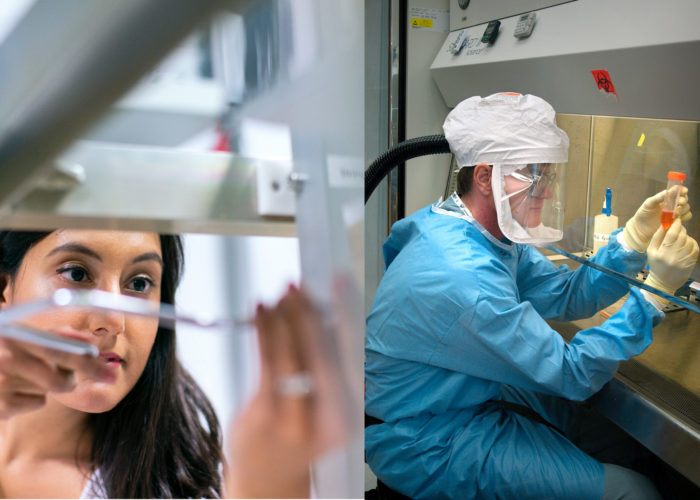
Biomedical Engineer
Biomedical Science
A lot of people mistakenly thought biomedical engineering and biomedical science are the same thing. In this article, I will break down the differences between these two famous fields. However, it should not be confused with biotechnology. Let us take a look at the differences between biomedical engineering and biomedical science.
Differences between Biomedical Engineering and Biomedical Science
Field | Biomedical Engineering | Biomedical Science |
Concentration | – Focus on developing devices and equipment to make their work easier -Deal with medical devices | – Focus on the mechanisms of diseases – Work towards diagnosis and treatment of those diseases – Conduct research |
Course work | – Application of principles of engineering: 1. Electrical 2. Electronics 3. Mechanical 4. Computer Science 5. Chemical Engineering – Emphasize on basic sciences: 1. Mathematics 2. Chemistry 3. Physics 4. Biology | – Genetics – Microbiology – Biochemistry – Human Anatomy – Human Development – Immunology |
Skills Differences | – Knowledge about diseases, anatomy & medications – Develop technology to help doctors to improve patients’ lives | – Knowledge about diseases, anatomy & medications – Develops skills to observe & diagnose patients – Conduct research with new procedures & devices |
Theory vs Practical | – Applies traditional engineering techniques of mechanical, electrical & materials to solve biological and clinical problems – Practical based | – Concerned with facts, theories & models that describe biological and clinical phenomena – Theory based |
Prospective Careers | – Design engineers – Medical imaging specialists – Biomedical engineer – Design and build medical systems | – Laboratory tests in hospitals – Forensic laboratories – Research work in research institutes, biotech & pharmaceutical companies – Biomedical scientist |
Salary | AUD$ 92,737 per year according to neuvoo.com | AUD$ 106,066 per year according to neuvoo.com |
Interest | If you like to create and invent new devices, then Biomedical Engineering is for you | If you like to deal with people and work with patients, then Biomedical Science is for you |
Now you already know the difference between these two fields and which field to choose, we have universities recommendations for you.
Which University to Study Biomedical Engineering in Australia?
The University of Sydney
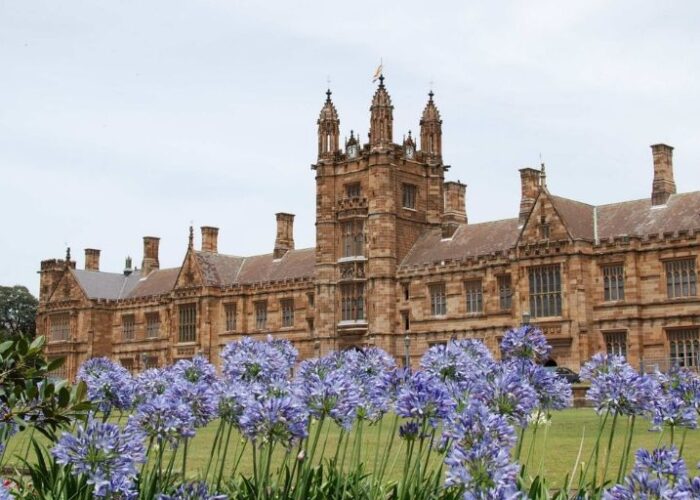
The 1st for employability in Australia and 4th in the world according to QS Graduate Employability Rankings 2020. Not only that, QS World University Rankings by Subject 2020 ranked this prestigious university the 4th in Australia and 61st globally for their engineering course. Final year students will complete a thesis where it involves designing, manufacturing and demonstrating an innovative biomedical engineering system while collaborating with industry specialists and hospitals.
Program | Bachelor of Engineering Honours (Biomedical) |
Intake | February & August |
Entry Requirement | English: IELTS 6.5 A-Level /STPM: 14 |
Annual Indicative Fees | AUD$ 48,500 |
For enquiries on other equivalent entry requirements that are not listed above, contact us!
University of Technology Sydney
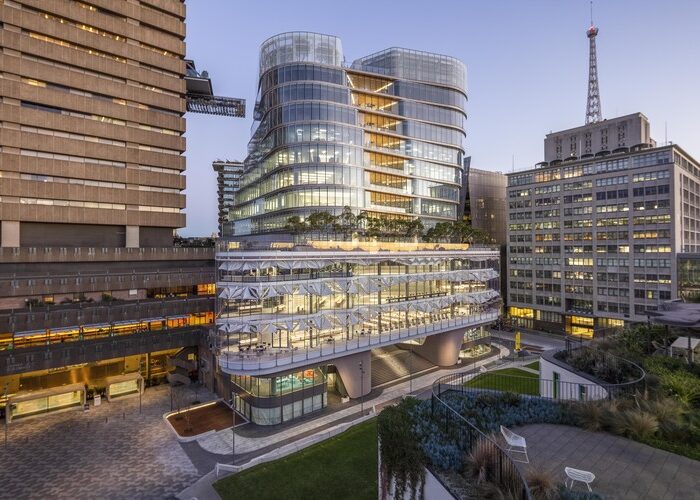
QS World University Rankings by Subject 2020 ranked UTS 7th in Australia and 106th globally for their engineering course. Not only that, students have access to quality internships, mentoring and industry lectures, so you will be fully equipped before stepping into the working world. UTS also has strong connections with biomedical technology leaders such as Toshiba Medical and ResMed. This is to ensure UTS teaching and learning programs meet the needs of the students and the industries they’re going to transform. Below are the details:
Program | Bachelor of Engineering (Biomedical) |
Intake | March & July |
Entry Requirement | English: IELTS 6.5 A-Level / STPM: 9 |
Annual Indicative Fees | AUD$ 44,496 |
For enquiries on other equivalent entry requirements that are not listed above, contact us!
Royal Melbourne Institute of Technology

QS World University Rankings 2020 ranked RMIT 15th in Australia and 238th globally. Not only that, RMIT engineering course is the 9th in Australia according to QS World University Rankings by Subject 2020. Students will have the opportunity to design creative solutions through sustainable design-and-build projects. You will also be taking part in the Engineers Without Borders Challenge, which is a humanitarian-focused course offered in all RMIT engineering degrees.
Program | Bachelor of Engineering (Biomedical Engineering) |
Intake | February & July |
Entry Requirement | English: IELTS 6.5 A-Level: 7 STPM: GPA 2.33 |
Annual Indicative Fees | AUD$ 37,440 |
For enquiries on other equivalent entry requirements that are not listed above, contact us!
Flinders University

Biomedical and materials engineering in this university were ranked above world standard according to 2015 Excellence in Research Australia rankings. Final year students are able to choose a specialisation in mechanics-based or electronics-based biomedical engineering. Next, you are able to increase your practical experience as Flinders University offers a range of extra-curricular projects with real-world applications.
Program | Bachelor of Engineering (Biomedical) |
Intake | March & July |
Entry Requirement | English: IELTS 6.0 A-Level / STPM: 13 |
Annual Indicative Fees | AUD$ 37,000 |
For enquiries on other equivalent entry requirements that are not listed above, contact us!
Swinburne University of Technology

17th in Australia and 351st globally in engineering course according to QS World University Rankings by Subject 2020. Swinburne have been partnering with leading Australian and global organisations to offer students authentic workplace experiences, for over 50 years. Their aim is to create valuable workplace experiences. Below are the details:
Program | Bachelor of Engineering (Biomedical) |
Intake | March & August |
Entry Requirement | English: IELTS 6.0 A-Level / STPM: 8 (prerequisites in Advanced Mathematics Year 12) |
Annual Indicative Fees | AUD$ 37,600 |
For enquiries on other equivalent entry requirements that are not listed above, contact us!
Which University Study Biomedical Science in Australia?
The University of Queensland
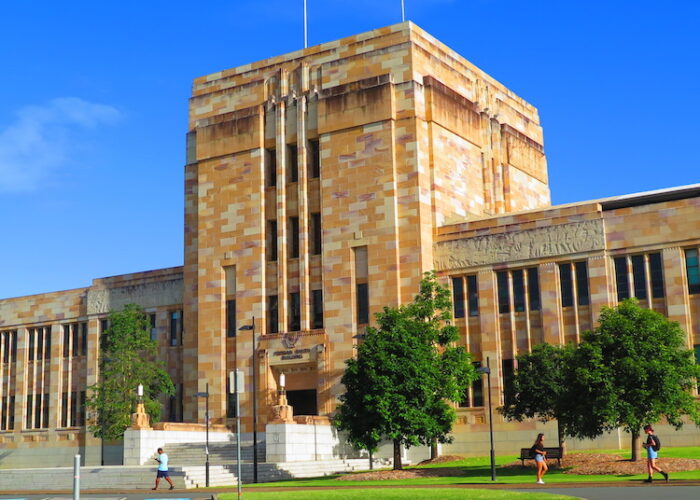
The 4th in Australia and 57th in the world in terms of employability according to QS Graduate Employability Rankings 2020. Not only that, QS World University Rankings 2020 ranked this university 5th in Australia and 47th globally. Students will understand how the body and disease work. You will also learn how to partner with healthcare professionals to conduct clinical tests, evaluate the effectiveness of treatments and research disease causes and cures.Below are the details:
Program | Bachelor of Biomedical Science |
Intake | February & July |
Entry Requirement | English: IELTS 6.5 A-Level: 10 STPM: 10.33 UEC: 16 |
Annual Indicative Fees | AUD$ 43,504 |
For enquiries on other equivalent entry requirements that are not listed above, contact us!
The University of Western Australia
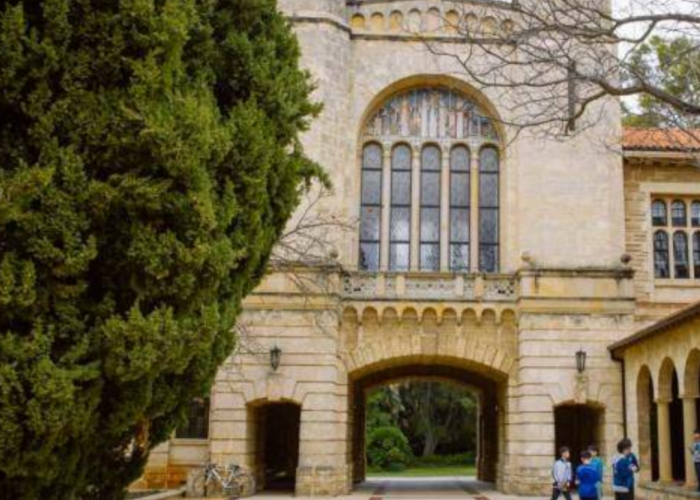
7th in Australia and 86th globally according to QS World University Rankings 2020. Apart from that, 11th in terms employability in Australia by QS Graduate Employability Rankings 2020. UWA will equip students with the essential knowledge and skills to impact the health of people and populations. You will also learn and gain a better understanding on how the human body functions in healthy and diseased states, barriers to health care and methods for treatment. Who knows, one day you could probably invent vaccines to prevent diseases?
Program | Bachelor of Biomedical Science |
Intake | February & July |
Entry Requirement | English: IELTS 6.5 A-Level /STPM: 8 |
Annual Indicative Fees | AUD$ 38,600 |
For enquiries on other equivalent entry requirements that are not listed above, contact us!
University of Technology Sydney

This prestigious university is number 1 young university in Australia according to QS Top 50 under 50. UTS is a firm believer and practitioner in practical experience. Students are exposed to laboratory and clinical work from the beginning of the study. All their facilities are modern and up-to-date to make sure students are well-trained and fully informed of the latest technologies.
Program | Bachelor of Biomedical Science |
Intake | March & July |
Entry Requirement | English: IELTS 6.5 A-Level / STPM: 9 |
Annual Indicative Fees | AUD$ 39,552 |
For enquiries on other equivalent entry requirements that are not listed above, contact us!
Griffith University
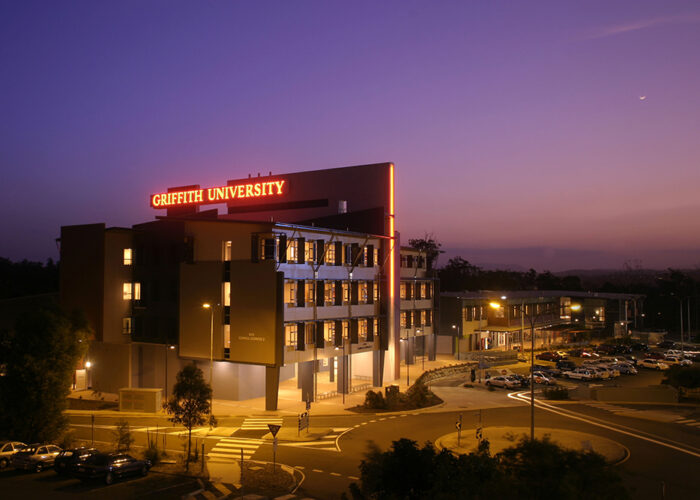
QS World University Rankings 2020 ranked Griffith University 19th in Australia. Students that are taking Bachelor of Biomedical Science in this university will have a strong foundation for a career in biomedical research and also a training for entry into Doctor of Medicine (course offered by Griffith University) Next, Griffith University is entering Memorandum of Understanding with Luina Bio to develop vaccine against Coronavirus (Covid19) Who knows Griffith could be your future university that manage to find the cure to this pandemic outbreak? Your knowledge on biomedical science will be rich and deep.
Program | Bachelor of Biomedical Science |
Intake | March & July |
Entry Requirement | English: IELTS 6.5 A-Level / STPM: 10 UEC: 39 |
Annual Indicative Fees | AUD$ 33,000 |
For enquiries on other equivalent entry requirements that are not listed above, contact us!
Edith Cowan University
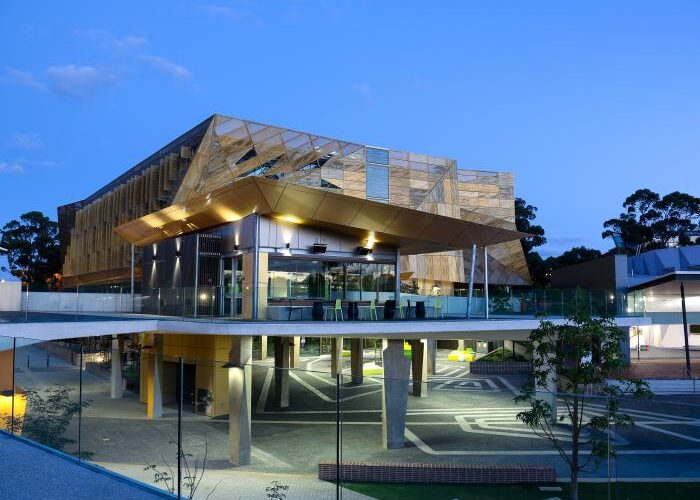
Ranked 31st in Australia by QS World University Rankings 2020 while 29th in Australia by Times Higher Education for World University Rankings 2020. This university welcomes almost 6,000 international students from over 100 different countries. You will definitely be making meaningful friendships and expanding your social connections while pursuing your interest in biomedical science. Below are the details:
Program | Bachelor of Science (Biomedical Science) |
Intake | February & July |
Entry Requirement | English: IELTS 6.0 A-Level: 5 STPM: 2 |
Annual Indicative Fees | AUD$ 33,200 |
For enquiries on other equivalent entry requirements that are not listed above, contact us!
I hope this article clarify the differences between Biomedical Engineer Biomedical Science. However, if you still have questions about these courses and universities above, don’t be shy to contact us.
Did you find this helpful? If so Give us some Feedback! We are always finding news ways to improve. If you want to know more or ask us a question, please feel free to contact us any time!
Contact us to find out more
International Student enquiries:
Phone:+60182414802
Email: [email protected]
For more stories like this, join the Excel Education community on Facebook
Need help with your uni application? Connect with us here

Stephanie Calamba
Part time ACCA student, part time content writer but full time child of God.

